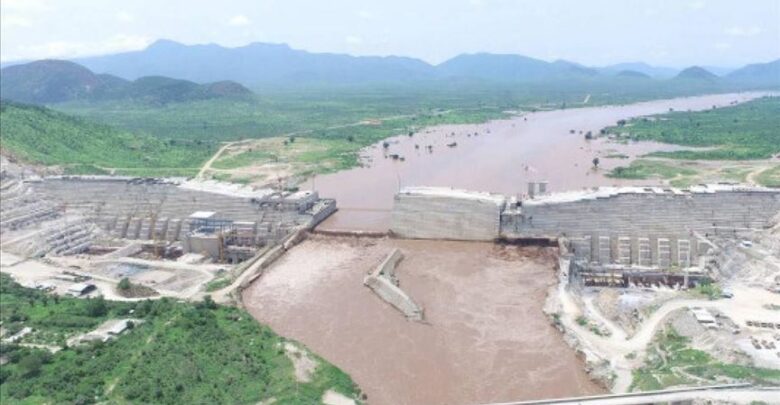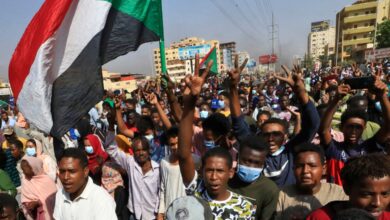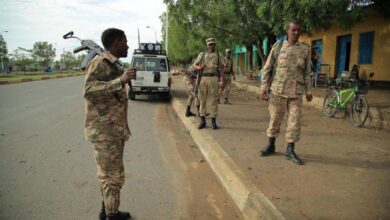
The latest round of talks over the controversial Nile dam between Egypt, Ethiopia, and Sudan has ended unsuccessfully, reported CGTN Africa.
On Sunday, the Water Ministers of the three countries started the negotiation talks to discuss the optimal framework for managing the ongoing negotiations over the Grand Ethiopian Renaissance Dam (GERD), which take place under the auspices of the African Union (AU).
But the talks failed on Wednesday after the ministers couldn’t agree on a methodology for completing their negotiations.
“Water ministers of Sudan, Egypt and Ethiopia agreed to end this round of negotiations over Ethiopia’s Nile dam,” Sudan’s water ministry said in a statement. “This round… failed to make any tangible progress.”
Egypt’s Ministry of Water Resources and Irrigation said the three countries disagree on the methodology for completing the negotiations over the Nile dam in the next stage.
The three countries have reportedly agreed that each will submit a report to South Africa, the current chair of the AU, over the details of their meetings.
The reports will also include their proposals on ways to implement the outcomes of two former summit meetings of the AU Bureau in June and July, which stated that the three countries would conclude a binding legal agreement on the rules of filling and operating the GERD.
Over the last few years, tripartite talks over the technical and legal issues related to the filling and operation of the GERD, whose reservoir’s total capacity is 74 billion cubic meters, have been unsuccessful, including those brokered by Washington and recently by the AU.
Ethiopia, which began the construction of the GERD in 2011, expects to produce over 6,000 megawatts of electricity from the Nile dam. However, Egypt and Sudan, both downstream Nile Basin countries that rely on the Nile river for water, are concerned that the dam might affect their share of water.






